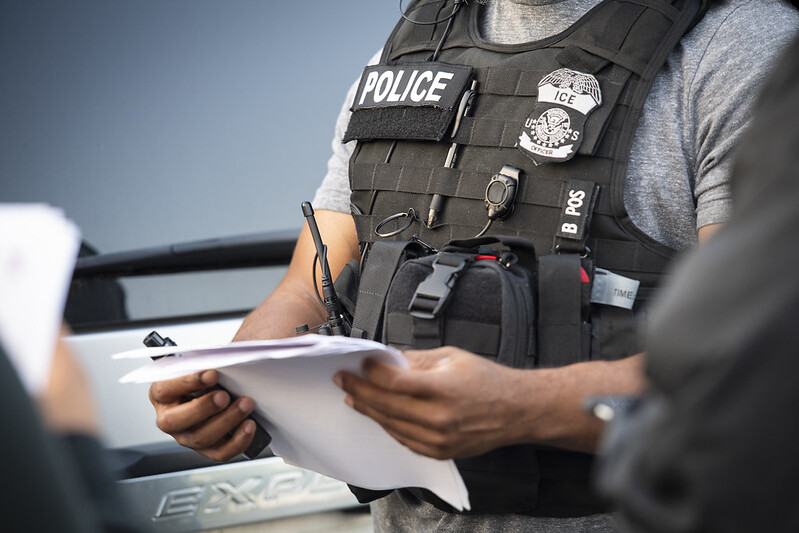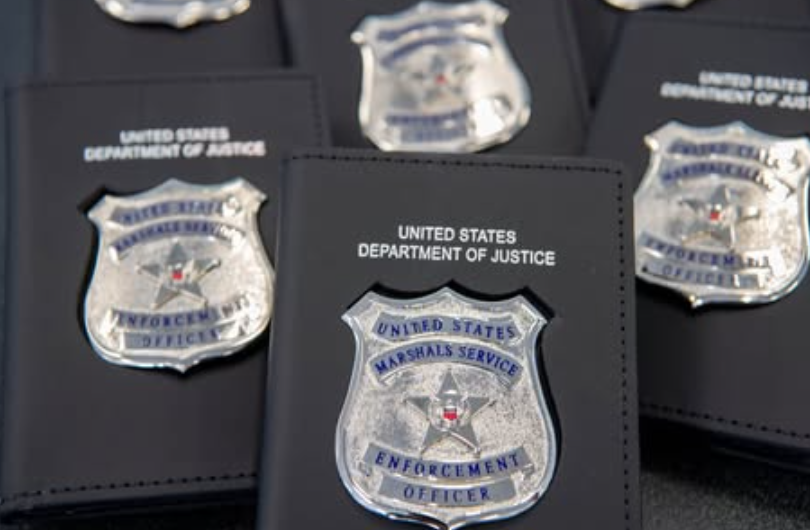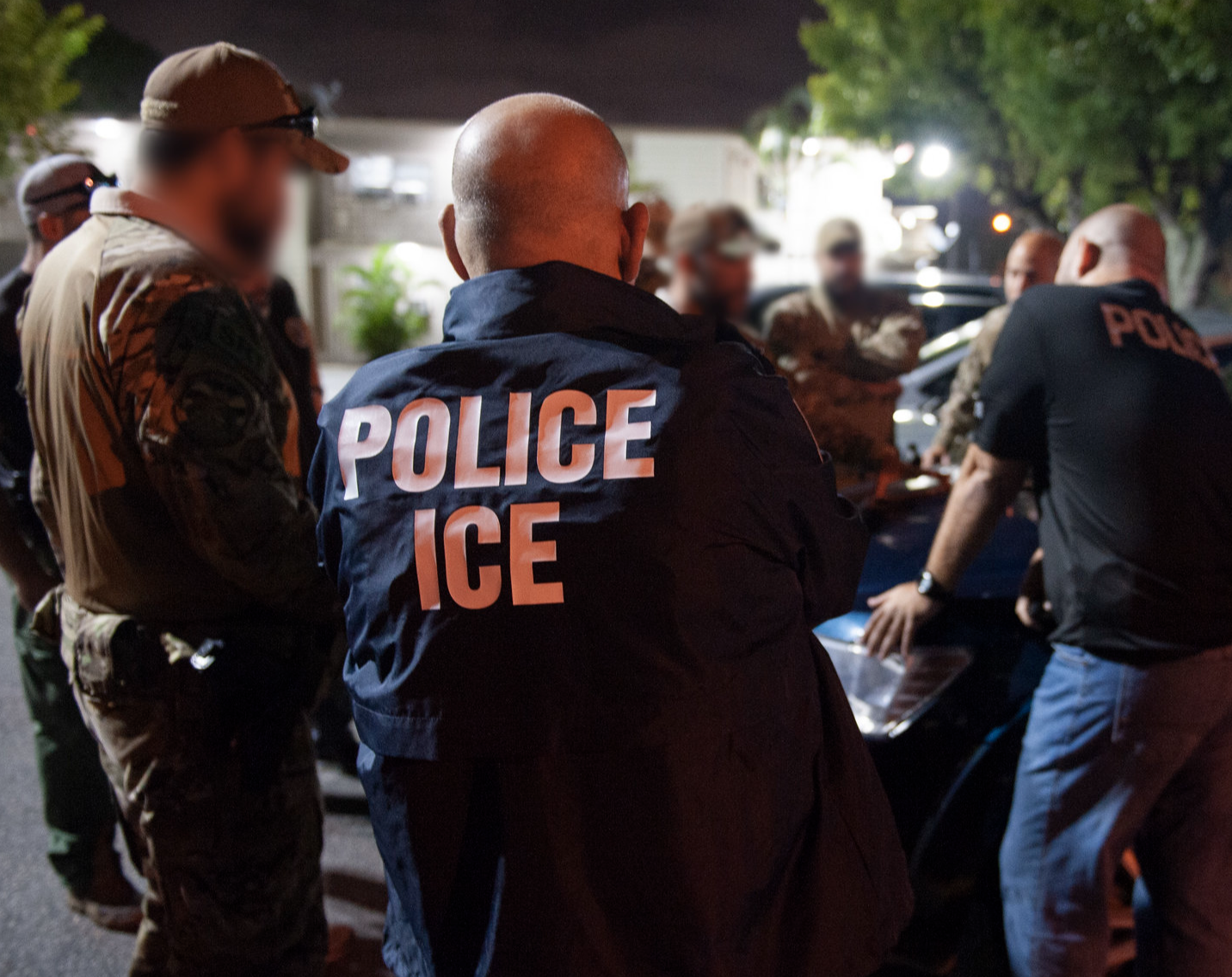 By Allan Lengel
ticklethewire.com
By Allan Lengel
ticklethewire.com
WASHINGTON — It’s not surprising that some politicians on the Hill — including Sens. John McCain and Joseph Lieberman — started to loudly complain the other day when they learned the FBI read Times Square car bomber Faisal Shahzad his Miranda rights.
And it’s not surprising the government has been hesitant to jump into the public debate. On Wednesday Justice Department spokesman Dean Boyd issued a statement when asked by ticklethewire.com whether Justice Department procedures on issuing Miranda rights in terrorist cases had changed since the underwear bomber incident in Detroit in December.
“There has been no change in the long-standing law on Miranda or in the FBI’s current policy governing use of Miranda, which was issued during the prior Administration,” Boyd said.
“Obviously, the facts and circumstance of each particular terror case are different and the government’s actions in each case will depend entirely on the immediate circumstances of the threat and the case.
“In this case, Shahzad is a U.S. citizen and, by law, may not be prosecuted in a military commission. The suspect continues to talk to agents and continues to provide useful information. The agents and officers who took Shahzad into custody and questioned him did precisely what they are trained to do, what their policies require them to do and what this nation expects them to do.”
Then on Thursday, Attorney Gen. Eric Holder Jr. told a Senate panel “the giving of Miranda warnings has not been a deterrent” and the suspect was continuing to cooperate.
The Associated Press reported that administration had learned lessons from the December underwear bombing incident by having a team ready, which knew when to read the suspect the Miranda rights.
Reading Miranda rights — the right to remain silent — became a controversial issue back in December when agents Mirandized the underwear bomber Umar Farouk Abdulmutallab, who has been cooperating with authorities. A boat load of politicians felt Abdulmutallab should never have been read his rights and argued the case should have gone to military court.
This week, the buttons were pushed all over again.

“My own feeling is that anybody who we decide there is reasonable possibility that they’ve committed a terrorist act ought to be turned over to our military justice system because though it’s an unconventional war, they are prisoners of a war,” Lieberman told Fox News. ” A war that Islamic extremists declared against the United States, certainly, on 9/11/01. So, bottom line, I don’t believe somebody like Faisal Shahzad should receive Miranda rights. I don’t believe he’s entitled to them.”
FBI deputy director John Pistole, at a press conference on Tuesday, explained that the FBI Joint Terrorism Task Force first interviewed New York car bomber Shahzad under the “public-safety exception to the Miranda rule”, and said Shahzad was very cooperative. The exception allows investigators to interview a suspect to find out if there’s an imminent threat to people before Mirandizing them.
“He was eventually transported to another location, Mirandized; and continued talking,” Pistole said.





